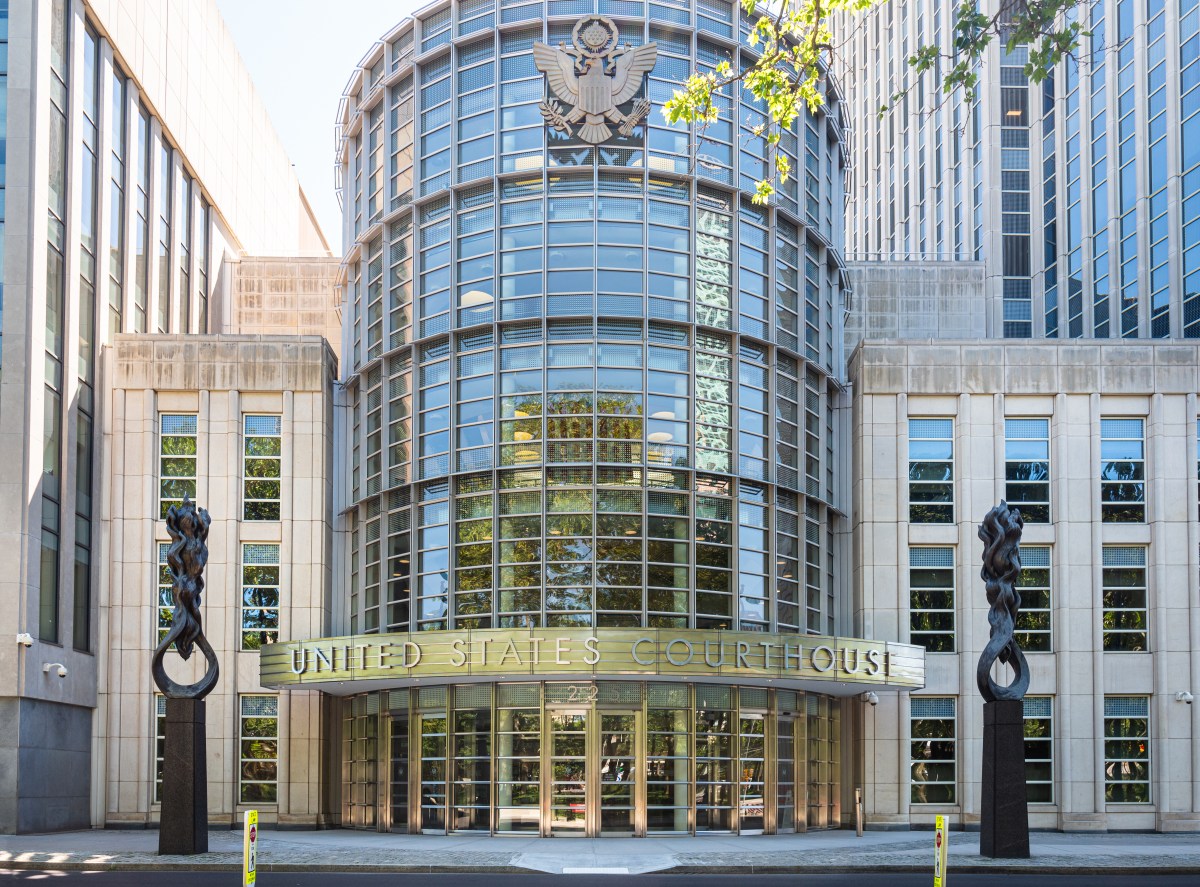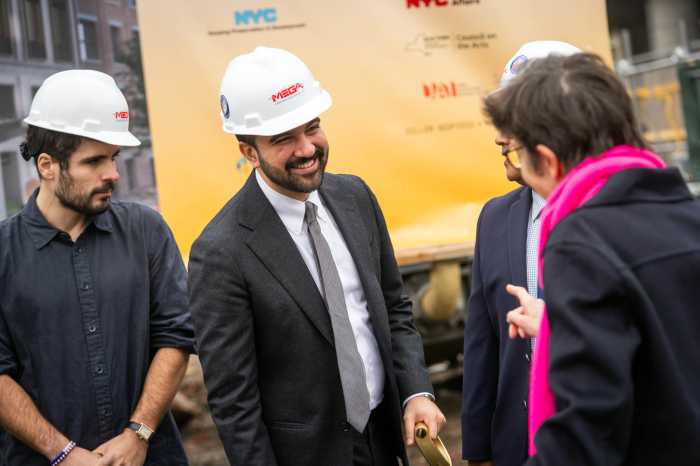Sign up now to study immigration law!
The City University of New York’s School for Professional Studies (SPS) spring offerings are outstanding. This spring’s online offerings include Introduction to Immigration Law, Business Immigration Law and Naturalization and Citizenship Law.
SPS offers the online courses in an “asynchronous” format. That means you work on your schedule - anytime, day or night. Your professor, an expert in immigration and naturalization law, regularly checks your work, but the two of you need not be online at the same time.
Besides the online offerings, this spring the SPS is offering three classroom sections in Manhattan: Introduction to Immigration Law, Family-Based Immigration Law and Proceedings in Immigration Court.
SPS offers the most comprehensive immigration law study program in the nation. If you have a four-year degree, you may take the courses for CUNY graduate school credit. If you do not have the degree, you may take the courses on a noncredit basis.
Complete the introductory course and two out of four advanced courses for credit, and you will earn a Certificate in Immigration Law Studies.
For information, go to https://sps.cuny.edu/, write to information@sps.cuny.edu, or call 212-652-CUNY (2869).
How do I become a citizen?
Q. I want to become a U.S. citizen. Can you explain the steps?
I am a British citizen. I have been a permanent resident since 1968. My permanent resident card has expired, and instead of renewing it, I’d rather just become a U.S. citizen.
- Monica,Westchester
A. Start the process of getting citizenship by filing U.S. Citizenship and Immigration Service form N-400, Application for Naturalization. Include a check or money order for $675, two passport-size photos and a copy of your permanent resident card. Applicants who have lost their card can apply for naturalization without it, but since you have it, including a copy is best.
You should receive a USCIS filing receipt in about two weeks. Shortly after that, you should receive your fingerprinting appointment. Then, 10 to 12 months later, the USCIS should call you for your citizenship interview. If you pass, you’ll be sworn in as a U.S. citizen one to two months later.
At the swearing-in ceremony, you’ll become a U.S. citizen and the USCIS will issue you your citizenship certificate. If you like, you can take that certificate to a passport acceptance facility and apply for a U.S. passport.
Records and the border
Q. A friend recently had a problem at the border because the inspector said he had no record of when she had left the U.S. How can I avoid that happening to me?
Six years ago, I visited the U. S. and left before my stay expired. I want to visit again, but I am worried because of my friend’s experience at the airport.
Prior to leaving the U. S. after her visit, she turned in her I-94 Arrival/Departure document. However, when she returned to the U.S., the border inspector insisted that his records showed no information about the departure.
The inspector admitted my friend, but said that he could have sent her back immediately.
- Name withheld, Talin, Estonia
A. It is likely you will be admitted even if a U.S. border inspector cannot find a record of your departure. Still, if you have evidence of your presence outside the U.S. after you left, bring it with you when you come here to visit.
If the next country you entered after leaving the U.S. stamped your passport, that’s the best proof. If you don’t have a stamp, bring a letter from an employer, school records or medical records.
Typically, when a foreign visitor leaves the U.S., the airline or other transportation company takes his or her I-94 Arrival/Departure document. The company forwards the I-94 to the U.S. government.
Sometimes an airline or the U.S. government misplaces the I-94, or the information is not accurately entered into the U.S. government database.
So it is not uncommon that a U.S. Customs and Border Protection officer can’t find a record that a visitor departed prior to the expiration of the time granted on a prior visit. Nevertheless, unless a border inspector has some reason to suspect that you overstayed or worked in the U.S. without permission, most likely you’ll be admitted with or without a record of your last departure.
Allan Wernick is a lawyer and director of the City University of New York Citizenship and Immigration Project. He is the author of “U.S. Immigration and Citizenship - Your Complete Guide, Revised 4th Edition.” Send questions and comments to Allan Wernick, Daily News, 450 West 33rd Street, New York, N.Y. 10001. Professor Wernick’s web site is www.allanwernick.com.
Allan Wernick’s Immigration column is reprinted from the Thursday, January 8 edition of The New York Daily News.




























